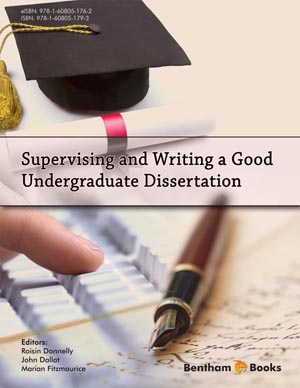Abstract
For decades, higher education has been criticised widely for not preparing students well enough for the demands of working life. In response to this criticism, the focus has increasingly turned to issues on authenticity and that learning should be based on problems that are experienced as realistic. In this study, the empirical case relates to this discussion, and how principles on problem and work based learning are understood and adopted by teachers and students in a three-year academic nursing programme. The results showed that there was a tension between the efforts to integrate theoretical and clinical understandings of care problems and the institutional organisation of the programme. This tension points to needs for further attention to how students construe the very relation between disciplinary knowledge and clinical problems in designing for authenticity and learning for working life.
Keywords: Authenticity, nurse education, problem-based learning, work-based learning, work-integrated learning, nursing, teachers, students, knowledge, restructuring, Dewey, real-life problems, learning environments, demands, linguistic turn, theory, pedagogical challenge.













